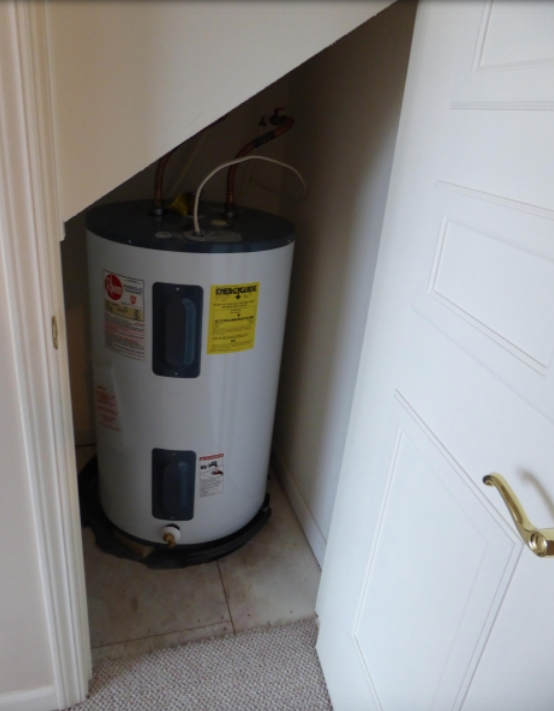Water heaters are one of the most important household appliances and maybe indispensable too!

No home plumbing system can be complete without a water heater, as it requires hot water for your daily chores, from bathing to doing laundry to cleaning utensils and washing vegetables. Although water heaters have a certain lifespan, conditions of use and the quality of the water can affect their lifespan, making it difficult to answer how long water heaters will last. In addition, the type of water heater has an impact on its lifespan.
The type of water heater determines its longevity
Different types of water heaters such as gas and electric water heaters, tank and instantaneous water heaters have different longevity from the manufacturers. For example, the most common water heater, the water heater, can last around 10 years, regardless of whether it is gas or electric. Although gas heaters are environmentally friendly, their construction is more complex and there are many more components that increase the likelihood of failure and damage due to wear and tear. Electric water heaters, on the other hand, are simpler in construction and can last a little longer, say a year or two longer than gas water heaters. The longest-life water heaters are tankless water heaters that deliver hot water instantly when you turn the device on and you don't have a tank. These water heaters can last 20 years, almost twice as long as the water heaters. Since there is no tank to store water, the lifespan is extended.
What influences the life of water heaters?
Sediment formation – Water quality is a factor that greatly affects the life of water heaters. This is especially true for water heaters, since if the water quality in the tank is poor, heavy sediments will form on the walls and mostly on the bottom, forming a thick hard layer. The sediment forms a layer of insulation that affects heating, and the water heater has to work harder to produce hot water. This leads to faster wear of the parts and shortens the life of the water heater.
High water pressure – Excessive water pressure can damage the water heaters. Each water heater has a design pressure that is equal to the maximum water pressure it can withstand. If the line pressure exceeds the design pressure, the inlet valve may be defective and even damage the water tank.
The wrong size of the water heater – Water heaters are intended for intermittent use. However, if you choose a smaller water heater, it will require frequent heating to meet consumption. Excessive use requires constant heat, which can lead to faster wear and tear and shorten the life of the equipment.
If the water heater has frequent problems regardless of its age, this is a sure sign to replace it. Knowing the signs of problems can help you decide whether a repair or a replacement is appropriate. However, when the age is 10 years or more, it is always better to get a new water heater.




